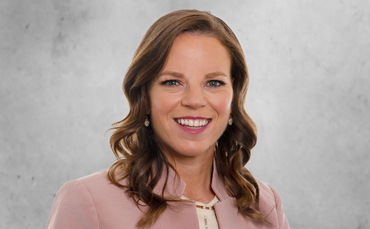In her first speech as an MPC member on Thursday (30 November), the economist said this was because of the recent rise of the natural rates of unemployment and interest rates, contributing to the complexity of policy decisions.
On the natural rate of unemployment, Greene said it may have been pushed up by "lower matching efficiency and higher real wage rigidity", which she said suggests the labour market could remain tight even as unemployment rises.
Megan Greene MPC appointment approved by Treasury Committee
Meanwhile, the natural rate of interest may have drifted upwards thanks to higher government debt and a modest uptick in investment, she said.
"For a given level of interest rates, this would indicate policy is less restrictive than we had thought," she said. "These shifts in the star variables suggest policy may have to be restrictive for an extended period of time in order return inflation to 2% over the medium-term."
Greene added that while inflation persistence driven by a tight labour market is a concern, so is "weaker than expected activity". There are indications the economy is slowing, she said, although noting that the data is mixed.
BoE's Haskel: Rate cuts will not happen 'anytime soon'
"The MPC must balance the risk of doing too little with that of doing too much. These risks are more finely balanced since earlier this summer in part as activity has weakened," she said.
"But the data on output remains mixed, and I continue to worry more about inflation persistence."
Kroll's global chief economist was part of a minority group of three members who voted to increase interest rates to 5.5% during the recent MPC meeting. However, rates were held at 5.25%.


